Introduction
The Old English Sheepdog is a beloved breed known for its playful nature
- Despite their charm, these dogs are prone to specific health concerns
- Regular vet check-ups are essential to maintain their health
- A proactive approach can help manage and prevent common issues
- Knowing the top health concerns will keep your Sheepdog happy and healthy
- This guide will help you understand and care for your Sheepdog
1. Hip Dysplasia
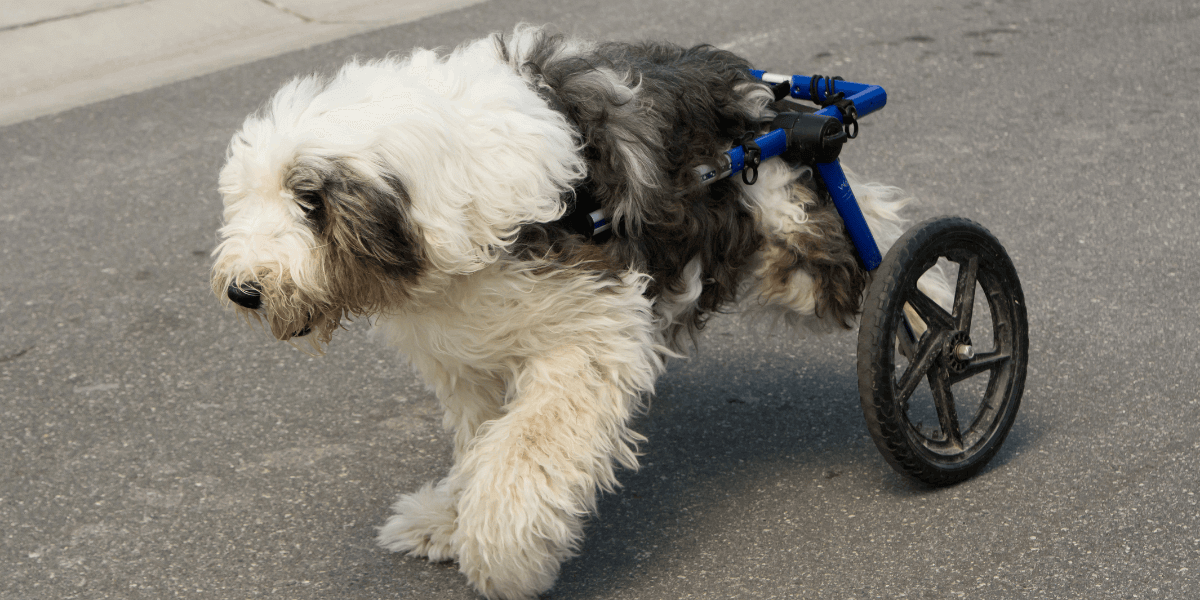
Hip dysplasia is a genetic condition affecting the hip joint.
- Description: The hip joint doesn’t develop correctly
- Symptoms: Limping, stiffness, or reluctance to exercise
- Prevention: Provide a balanced diet and maintain a healthy weight
- Diagnosis: Regular vet check-ups and X-rays
- Treatment: Pain management, physical therapy, or surgery
- Prognosis: Early detection improves the dog's quality of life
- Management: Limit high-impact activities and provide soft bedding
- Follow-up Care: Regular monitoring by a veterinarian
2. Hypothyroidism
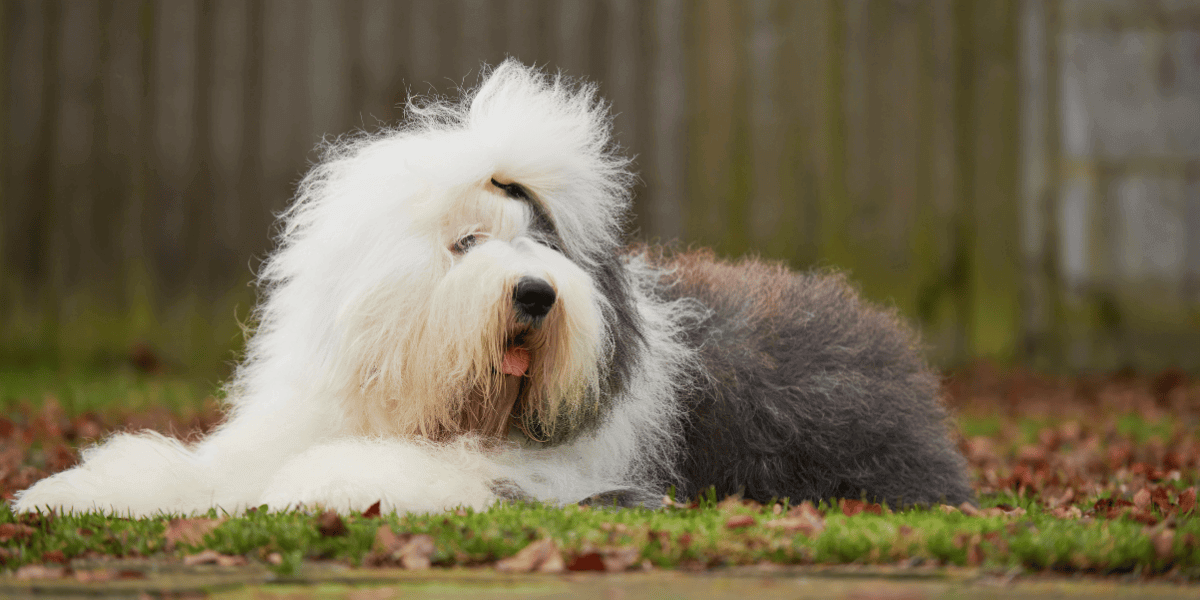
Hypothyroidism is a condition where the thyroid gland doesn’t produce enough hormones.
- Description: Affects metabolism, causing weight gain and lethargy
- Symptoms: Dry skin, coat thinning, and weight gain
- Prevention: Regular blood tests to monitor thyroid levels
- Diagnosis: Blood tests to measure thyroid hormone levels
- Treatment: Daily medication prescribed by a vet
- Prognosis: Medication allows dogs to lead normal lives
- Management: Follow the vet's instructions for medication
- Follow-up Care: Routine vet visits to adjust medication levels
3. Progressive Retinal Atrophy (PRA)

PRA is a genetic disorder causing gradual vision loss in dogs.
- Description: Leads to blindness due to retinal deterioration
- Symptoms: Night blindness and dilated pupils
- Prevention: Genetic testing before breeding
- Diagnosis: Eye exams by a veterinary ophthalmologist
- Treatment: No cure, but antioxidant supplements may help
- Prognosis: Dogs can adapt well with gradual vision loss
- Management: Provide a safe, familiar environment
- Follow-up Care: Regular eye exams to monitor progression
4. Bloat (Gastric Dilatation-Volvulus)
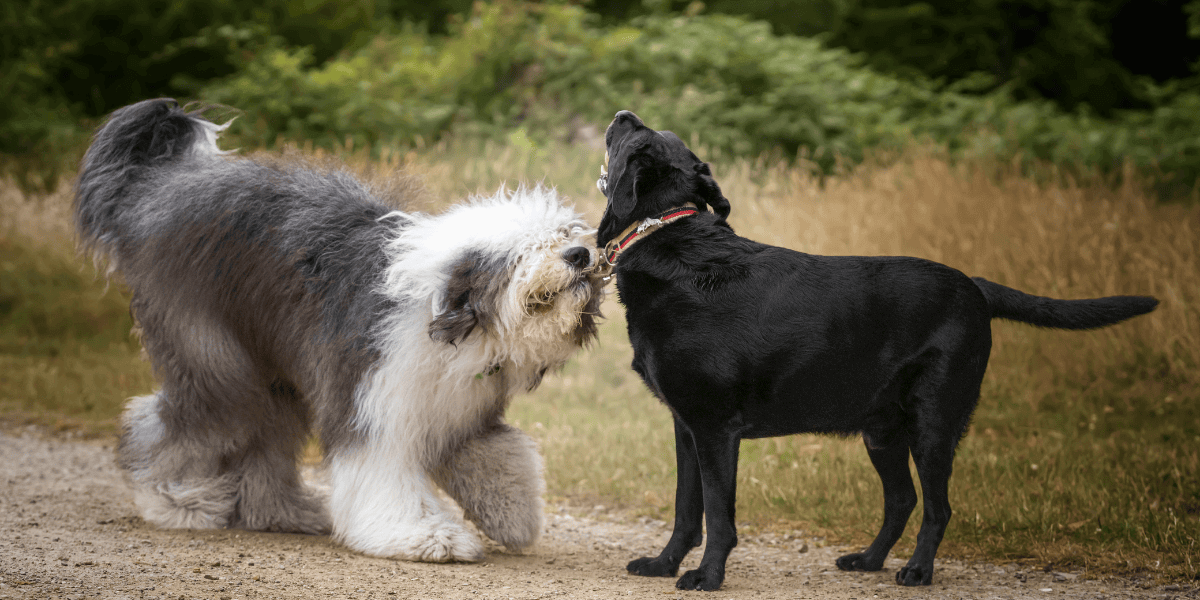
Bloat is a life-threatening condition where the stomach twists.
- Description: The stomach fills with gas and may twist
- Symptoms: Drooling, restlessness, and a distended abdomen
- Prevention: Avoid feeding large meals or vigorous exercise after eating
- Diagnosis: Emergency vet visit for X-ray confirmation
- Treatment: Immediate surgery to correct the stomach's position
- Prognosis: Quick treatment can save the dog's life
- Management: Use slow-feeder bowls and smaller, frequent meals
- Follow-up Care: Watch for signs of recurrence
Learn how managing hip dysplasia can improve your dog's health.
5. Deafness
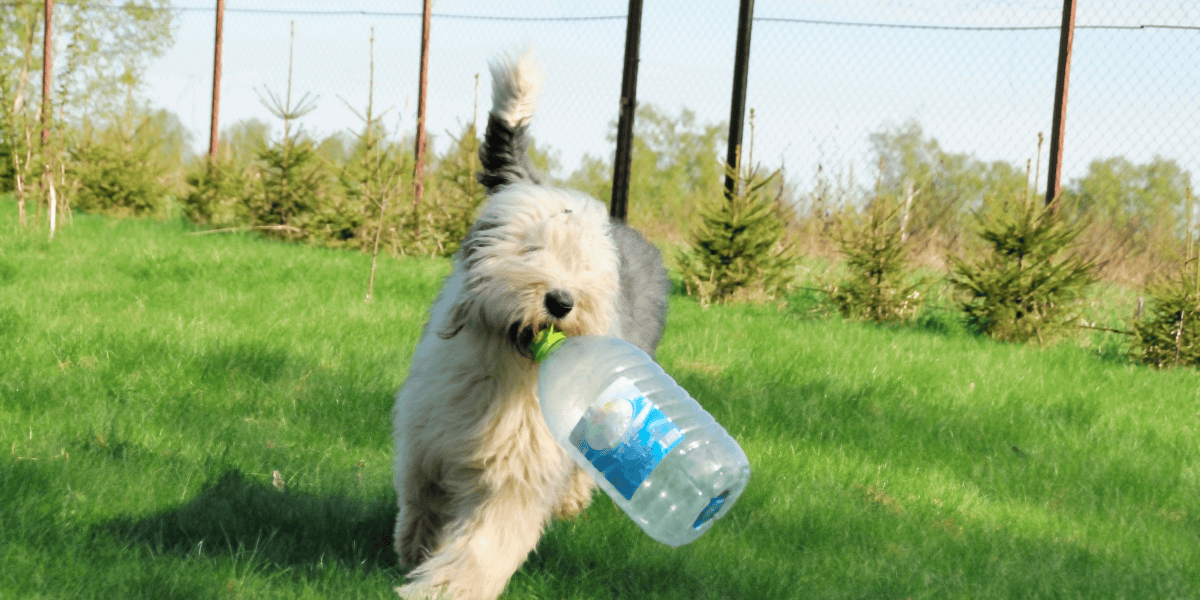
Deafness can be congenital or develop later in life in Sheepdog.
- Description: Partial or total hearing loss
- Symptoms: Lack of response to sounds or commands
- Prevention: Regular hearing tests and avoiding loud noises
- Diagnosis: BAER test performed by a veterinarian
- Treatment: No cure, but training with hand signals helps
- Prognosis: Dogs adapt well with proper training
- Management: Keep the environment safe and secure
- Follow-up Care: Monitor for signs of worsening hearing loss
6. Cataracts
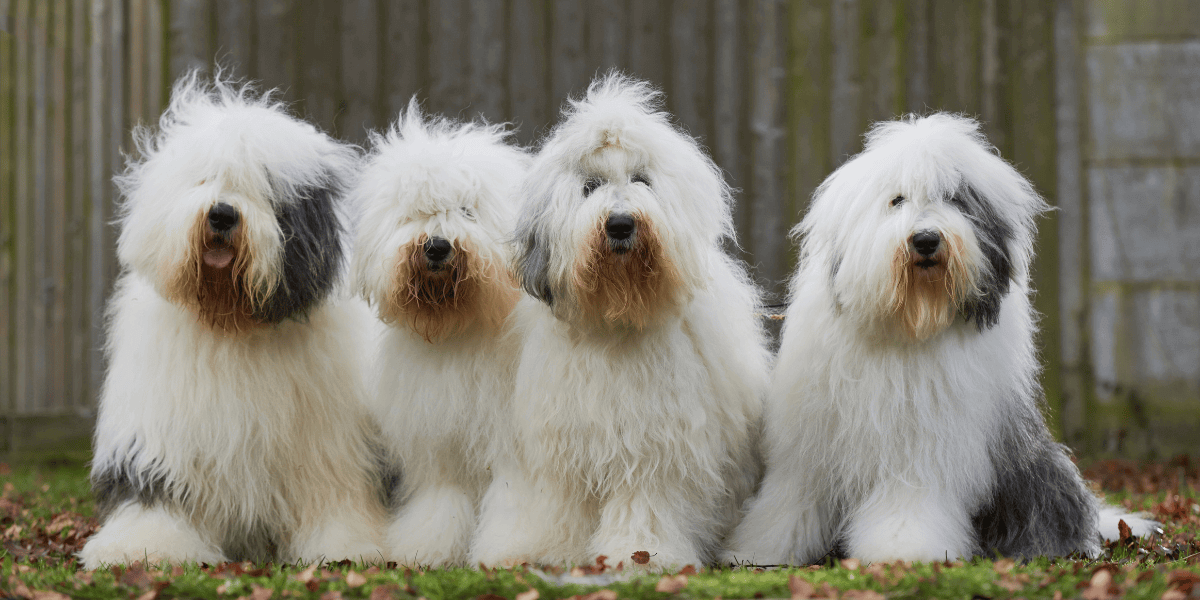
Cataracts cause cloudy vision and can lead to blindness.
- Description: Cloudiness in the eye lens obstructing vision
- Symptoms: Cloudy eyes and trouble navigating
- Prevention: Protect eyes from injury and monitor for signs
- Diagnosis: Eye exams by a vet or ophthalmologist
- Treatment: Surgery to remove the cataract
- Prognosis: Surgery is usually successful in restoring vision
- Management: Regular vet visits to check for cataracts
- Follow-up Care: Post-surgery care and regular eye checks
Discover common health issues in dogs and how to address them.
7. Allergies
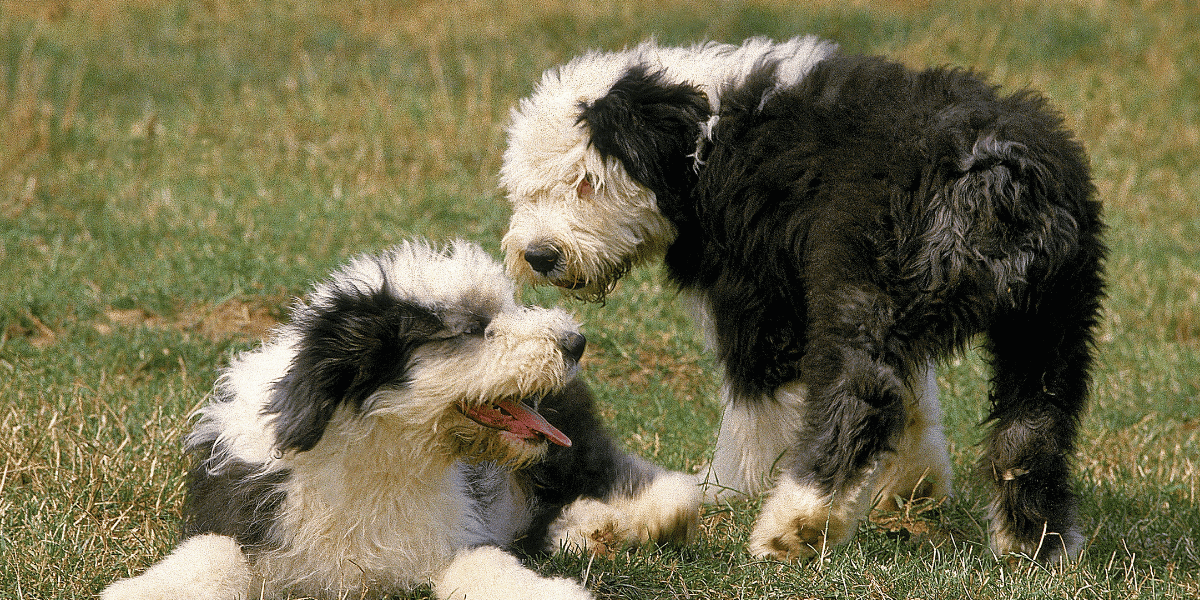
Sheepdogs can develop skin and food allergies.
- Description: Allergic reactions affecting skin or digestion
- Symptoms: Itching, redness, vomiting, or diarrhea
- Prevention: Identify and avoid allergens
- Diagnosis: Allergy testing or elimination diet
- Treatment: Medications, special diets, or hypoallergenic products
- Prognosis: Managing allergens improves quality of life
- Management: Maintain a clean environment and diet
- Follow-up Care: Regular check-ups to adjust treatment
8. Obesity

Obesity increases the risk of many health issues in Sheepdogs.
- Description: Excessive weight gain due to overfeeding or inactivity
- Symptoms: Weight gain, fatigue, and difficulty breathing
- Prevention: Balanced diet and regular exercise
- Diagnosis: Regular weight checks at the vet
- Treatment: Weight management plan by a veterinarian
- Prognosis: Weight loss reduces health risks
- Management: Monitor food intake and encourage exercise
- Follow-up Care: Frequent weight and health monitoring
Explore top nutrition tips to prevent obesity in your dog.
9. Ear Infections
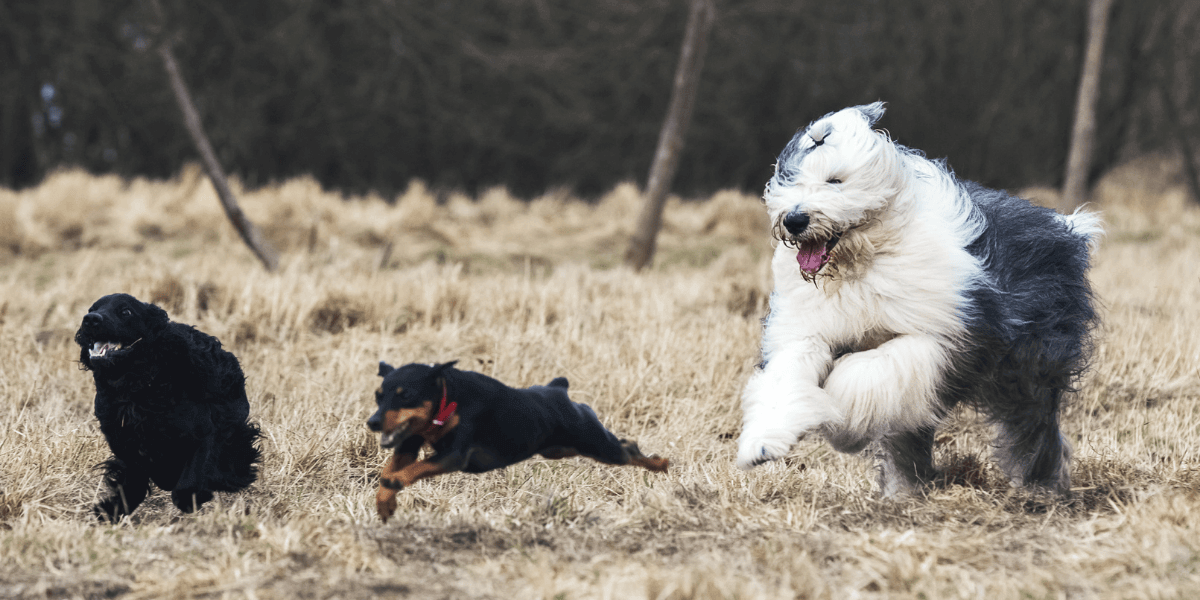
Ear infections are common due to the breed's floppy ears.
- Description: Bacteria or yeast infections in the ear canal
- Symptoms: Head shaking, odor, and discharge
- Prevention: Regular ear cleaning and grooming
- Diagnosis: Ear swab and examination by a vet
- Treatment: Medicated drops or antibiotics
- Prognosis: Early treatment prevents complications
- Management: Regular ear checks and cleaning
- Follow-up Care: Monitor for recurrence or new symptoms
10. Heart Disease
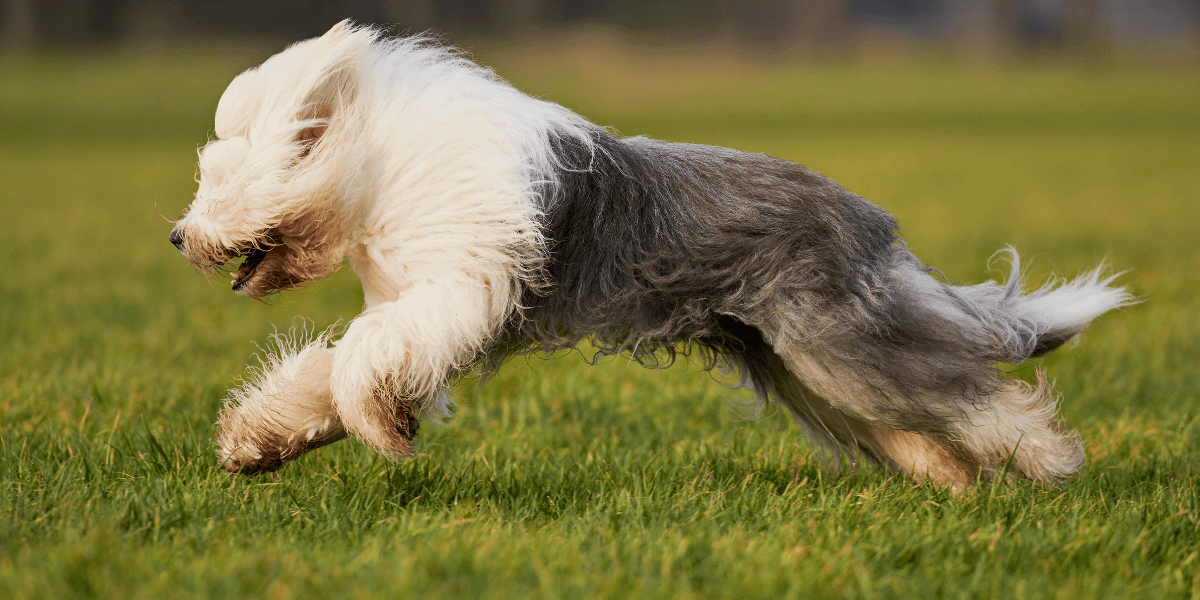
Heart disease can affect older Old English Sheepdogs.
- Description: Issues like heart murmurs or congestive heart failure
- Symptoms: Coughing, fatigue, and difficulty breathing
- Prevention: Regular heart checks and a healthy lifestyle
- Diagnosis: X-rays, ECG, or ultrasound by a veterinarian
- Treatment: Medications or dietary adjustments
- Prognosis: With care, dogs can live comfortably for years
- Management: Monitor symptoms and follow vet's advice
- Follow-up Care: Regular vet visits to manage heart health
FAQs
1. What should I feed my Old English Sheepdog
- A balanced diet with high-quality protein and essential nutrients
2. How often should I groom my Old English Sheepdog
- Regular grooming, at least once a week, to avoid matting and tangles
3. Can Old English Sheepdogs live in apartments
- Yes, but they need regular exercise and mental stimulation
4. What vaccinations does my Old English Sheepdog need
- Follow your vet’s guidance for core and optional vaccinations
5. How can I prevent hip dysplasia in my Old English Sheepdog
- Provide a balanced diet, regular exercise, and avoid excessive jumping
6. Are Old English Sheepdogs prone to allergies
- Yes, they can develop skin and food allergies that need management
7. What are the signs of heart disease in Old English Sheepdogs
- Coughing, fatigue, breathing difficulty, and lethargy
Conclusion
- Caring for an Old English Sheepdog involves awareness of common health issues
- Regular vet visits and preventive care can help maintain their health
- Proper diet, exercise, and grooming are key to a healthy Sheepdog
- Early detection of health issues can make a significant difference
- Stay informed about their health needs to provide the best care
- Ensure your Sheepdog has a happy, healthy life with the right approach




